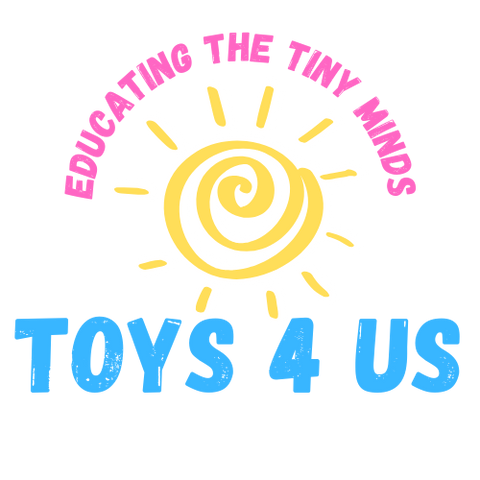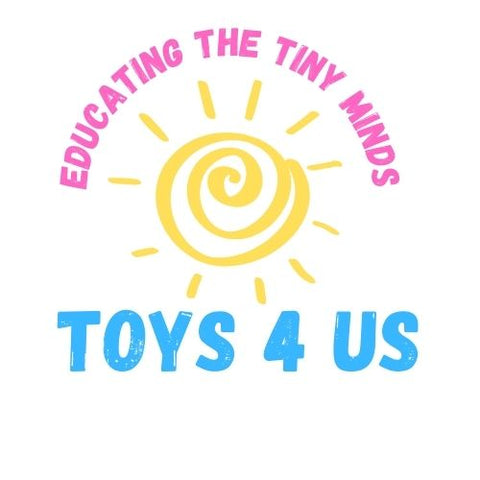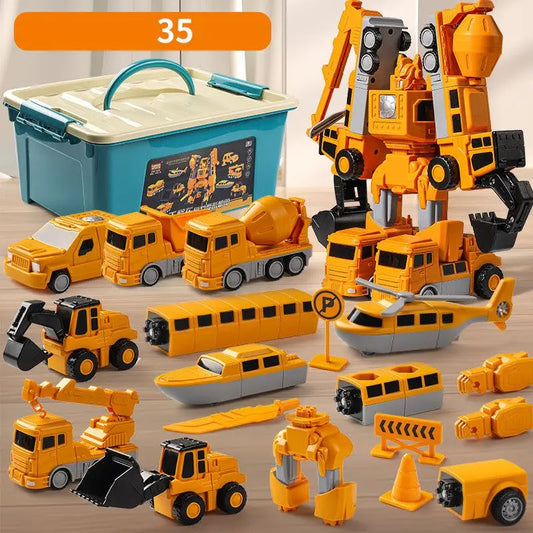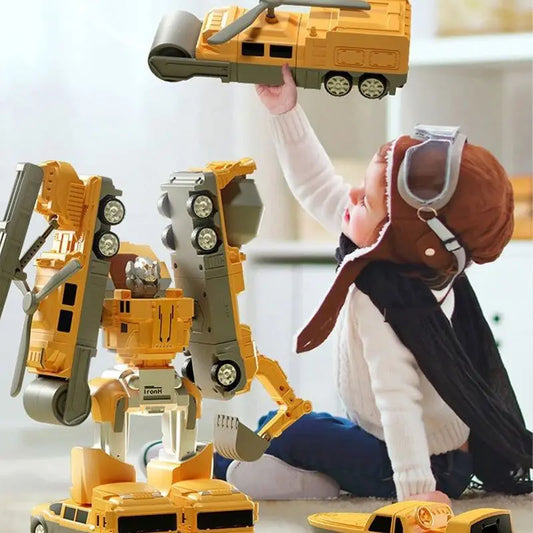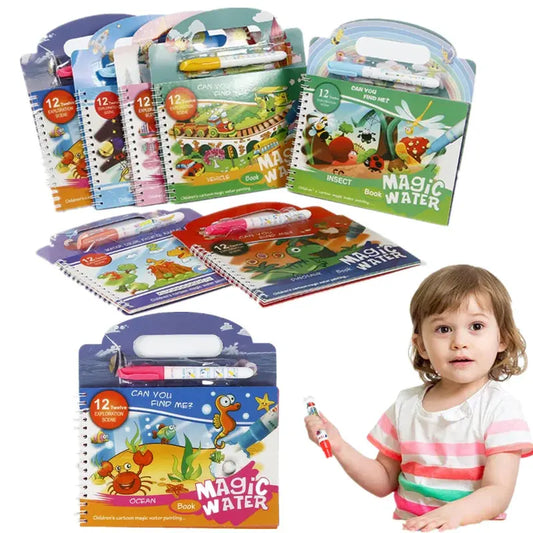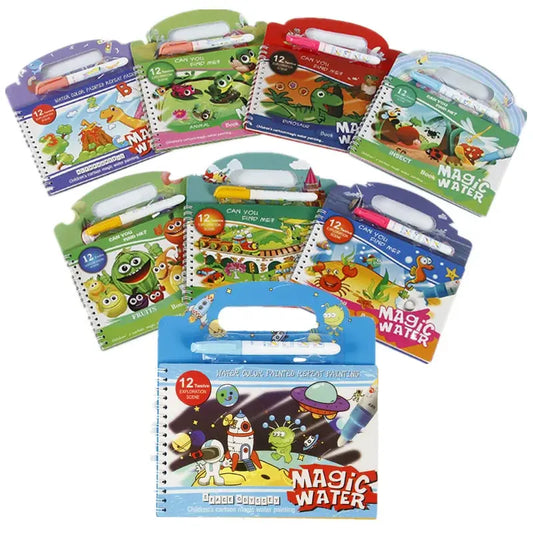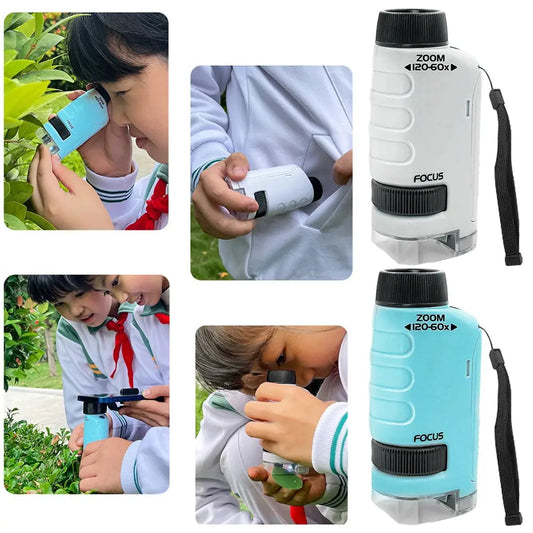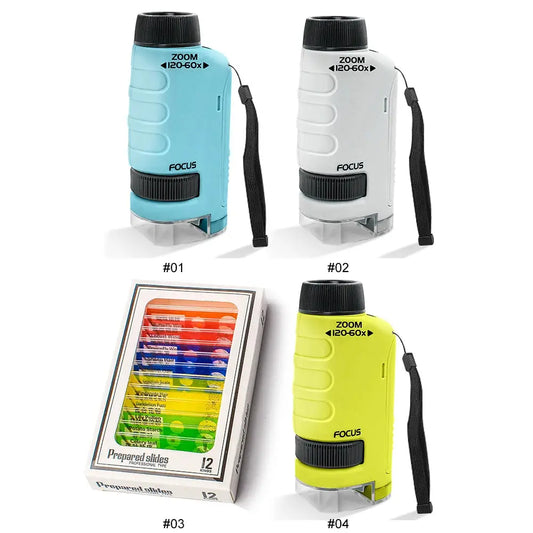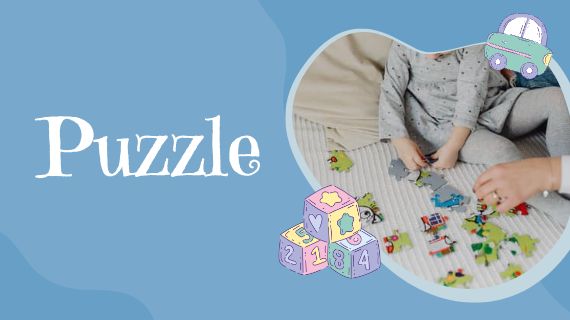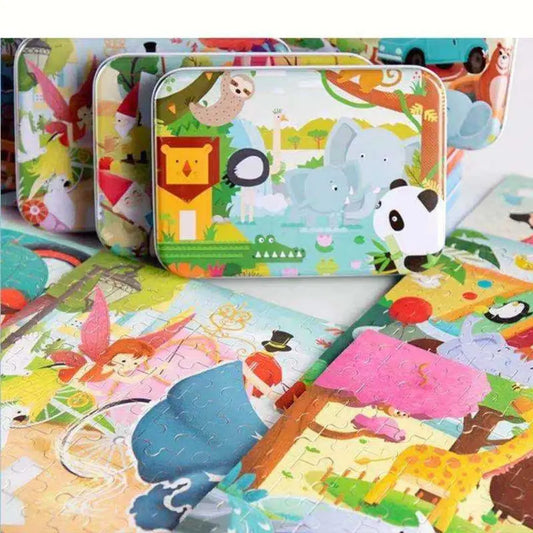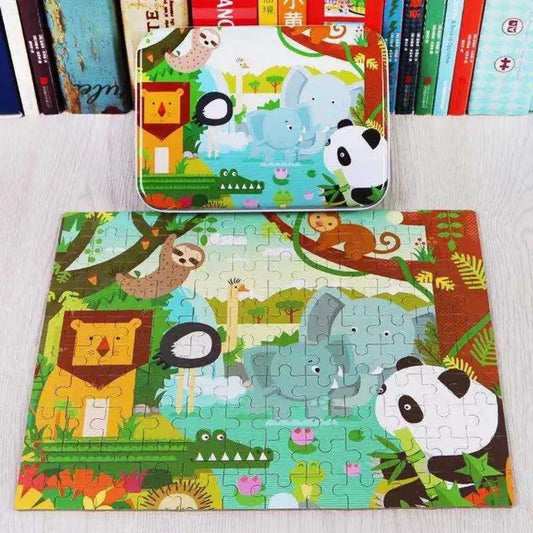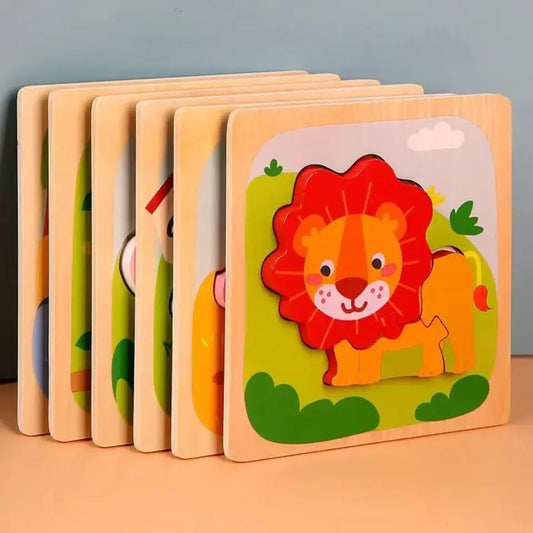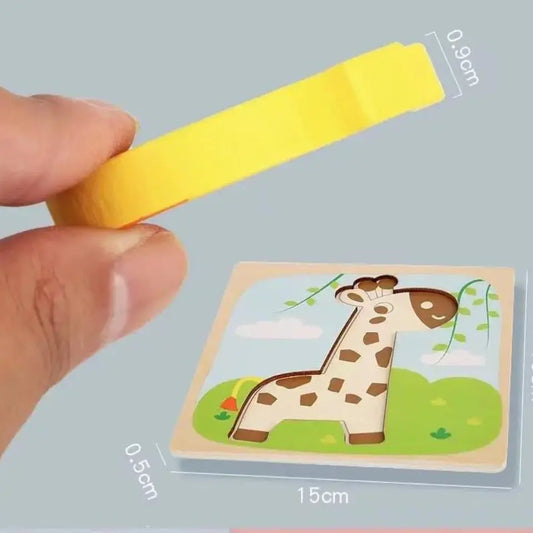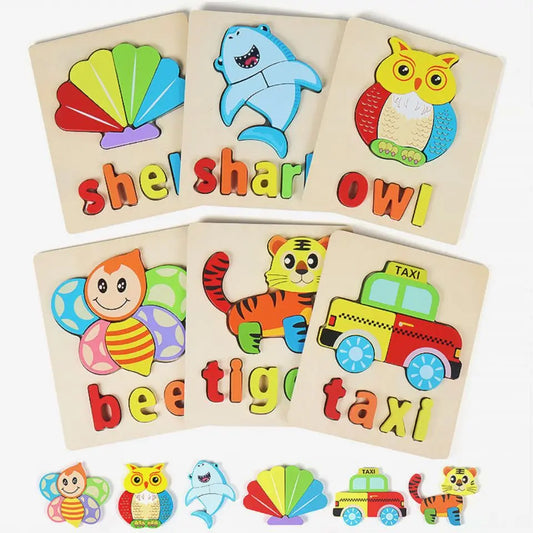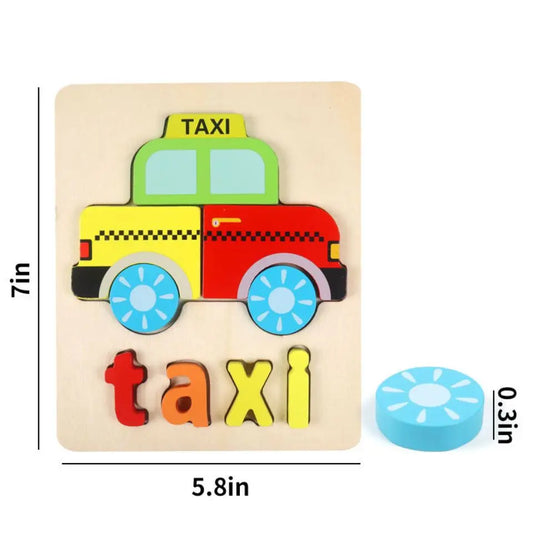Why Montessori Toys are the Best Learning Tools for Australian Families
Why Montessori Toys are the Best Learning Tools? Montessori toys have become a popular choice among parents and educators who seek to support children's early learning in effective ways. These toys, based on the educational approach of Dr. Maria Montessori, are designed to promote hands-on learning, exploration, and independence. In this Guide to Montessori Toys in Australia, we will discuss Why Montessori Toys are Perfect for enhancing a child’s development, particularly in the early years. Montessori Toys Australia offers a wide range of these thoughtfully designed toys that help children build essential skills such as problem-solving, coordination, and concentration. By understanding how these toys work, parents can make informed choices that support their child's natural growth.
Unlike traditional toys that often focus on entertainment, Montessori toys emphasize purposeful play. They are designed to be simple and engaging, allowing children to explore different ways of interacting with them. These toys encourage children to think, create, and experiment, which helps them develop critical cognitive and motor skills. For instance, stacking toys, puzzles, and practical life tools are all examples of Montessori materials that encourage children to engage in activities that build fine motor skills, enhance coordination, and develop problem-solving abilities. The open-ended nature of these toys also fosters imagination, allowing children to explore and learn through play.
1. Montessori Toys Promote Independence
One of the most important principles of the Montessori method is fostering independence in children. Montessori toys are designed to allow children to interact with them freely and explore at their own pace, without the need for constant adult intervention. This promotes independence, self-confidence, and a sense of accomplishment as children learn to solve problems and complete tasks on their own.
For example, practical life toys like child-sized kitchen sets, dressing frames, and cleaning tools allow children to practice real-life skills independently. These toys teach children how to pour, sweep, or button clothes—tasks they will need as they grow. By mastering these skills, children gain confidence in their abilities, develop self-reliance, and learn the importance of responsibility.
Another example is stacking rings, a classic Montessori toy that encourages children to experiment with balance, size, and order. As children play with these rings, they learn to think critically and independently about how to solve the problem of arranging the pieces correctly. This simple activity, repeated over time, builds focus, perseverance, and confidence—skills that are essential for future learning and development.

2. Montessori Toys Foster Creativity and Imagination
Unlike many commercial toys that limit a child’s imagination with specific features or pre-defined functions, Montessori toys are designed to be open-ended. This means that children are free to explore different ways of using them, encouraging creativity and imaginative play. The simplicity of Montessori toys allows children to fill in the gaps with their own ideas, stories, and scenarios.
For example, wooden building blocks are a versatile Montessori toy that can become anything a child imagines—a house, a bridge, or even a city. This freedom allows children to experiment, invent new structures, and explore concepts like balance and gravity in a playful manner. Role-playing toys like wooden animals or pretend food sets also encourage children to create their own narratives, promoting language development and social skills as they engage in storytelling.
The open-ended nature of Montessori toys supports children’s cognitive flexibility, which is the ability to think creatively and adaptively. These skills are not only important for academic success but also for problem-solving in everyday life. By providing toys that encourage children to use their imagination, parents and educators can nurture a child’s creativity and help them develop the ability to think outside the box.
3. Montessori Toys Enhance Cognitive Skills
Cognitive development is crucial for a child’s growth, and Montessori toys are specifically designed to support this aspect of learning. From puzzles to counting beads, these toys offer children the opportunity to practice problem-solving, critical thinking, and concentration. They help build the foundations for skills like memory, attention, and logical reasoning.
-
Puzzles: Montessori puzzles challenge children to fit pieces together, teaching them about shapes, patterns, and spatial relationships. By figuring out how each piece fits, children develop critical thinking skills and learn to approach problems methodically.
-
Shape Sorters: These toys help children recognize different shapes and understand how they relate to each other. Shape sorters promote logical thinking as children figure out which shape fits into each corresponding hole, enhancing their cognitive abilities.
-
Counting Beads: Montessori counting beads and number rods are excellent tools for introducing children to basic math concepts. These toys allow children to practice counting, grouping, and comparing, providing a hands-on approach to learning numbers and arithmetic skills.
Montessori toys are intentionally simple and free from distractions like flashing lights or sounds. This simplicity allows children to focus on the activity, enhancing their ability to concentrate and develop their cognitive skills. By engaging children in activities that require focus and problem-solving, Montessori toys help build a strong foundation for future learning.

4. Montessori Toys Develop Fine and Gross Motor Skills
Motor skill development is another area where Montessori toys excel. Fine motor skills involve small muscle movements, such as gripping and manipulating objects, while gross motor skills involve larger movements like balancing, running, and jumping. Montessori toys are designed to support both of these areas, helping children develop physical coordination and strength.
-
Fine Motor Skills: Toys like bead threading sets, stacking blocks, and pegboards require children to use their hands and fingers in precise ways. These activities strengthen hand muscles and improve hand-eye coordination, which are essential for tasks like writing and drawing.
-
Gross Motor Skills: Montessori toys that involve balance and movement, such as balance boards and climbing frames, help children develop their larger muscle groups. These toys encourage children to practice balance, strength, and coordination, all while having fun in a safe and structured environment.
By offering toys that support physical activity, parents and educators can help children develop the physical skills they need for academic and everyday tasks. Whether it’s practicing fine motor coordination with a puzzle or developing balance on a climbing frame, Montessori toys provide children with the tools they need to grow physically and mentally.
5. Montessori Toys Promote Sensory Exploration
Sensory play is a fundamental part of the Montessori method, as it helps children learn about their environment through their senses. Montessori toys often include different textures, sounds, and movements that encourage children to explore the world around them. Sensory development is essential for building neural connections in the brain, helping children process information more effectively.
-
Texture Boards: These boards feature various materials, such as sandpaper, fabric, and wood, allowing children to explore different textures. This tactile experience helps develop sensory awareness and fine motor skills.
-
Sound Cylinders: Montessori sound cylinders contain materials that create different sounds when shaken, helping children develop their auditory senses. This activity encourages children to differentiate between sounds, improving their focus and concentration.
-
Sensory Balls: Soft, textured balls engage children’s sense of touch and sight, encouraging them to explore objects through rolling, shaking, and grasping.
By engaging children’s senses, Montessori toys help them build a better understanding of the world while developing important skills. Sensory play is not only enjoyable but also supports brain development, making it a crucial part of early childhood learning.
Conclusion: Why Montessori Toys Are the Best Learning Tools
Montessori toys are more than just playthings—they are carefully designed tools that support every aspect of a child’s development. From cognitive growth and physical coordination to emotional resilience and social skills, these toys provide a comprehensive approach to learning that aligns with a child’s natural development.
The open-ended, hands-on nature of Montessori toys promotes independence, creativity, and concentration, helping children build essential skills that will serve them throughout their lives. By allowing children to explore and experiment freely, these toys create an environment where learning is fun, meaningful, and effective.
For parents and educators who want to provide the best learning experience for children, incorporating Montessori toys into daily routines is an excellent choice. These toys offer opportunities for children to engage with their environment, solve problems, and develop the skills they need to succeed in school and beyond. By choosing Montessori toys, you are investing in a child’s growth, ensuring they have the tools they need for a lifetime of learning and discovery.
